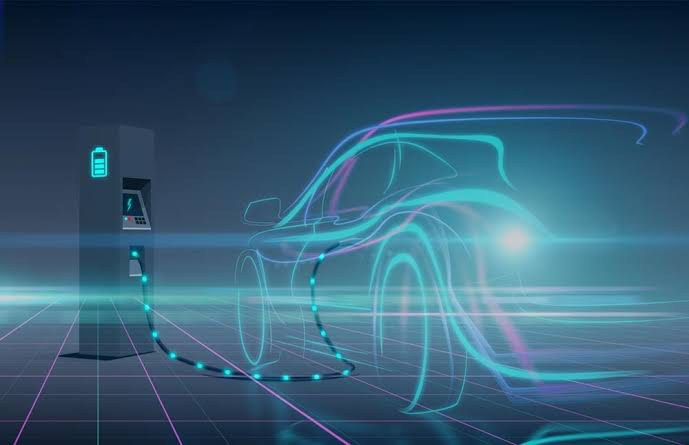South Africa is gearing up for a future dominated by electric vehicles (EVs), with Eskom, the nation’s power utility, taking proactive steps in collaboration with the Danish Energy Agency (DEA). This partnership marks a significant move towards establishing a robust infrastructure to support the anticipated surge in EV adoption across the country.
This week, Eskom is hosting its inaugural Electric Vehicle Charging Infrastructure Planning Workshop at the Eskom Academy of Learning in Midrand. The event, spanning three days, aims to bring together various stakeholders, including special advisors to municipalities, the Association of Municipality Electricity Utilities (AMEU), and infrastructure planners from municipalities nationwide. Eskom’s own network planning engineers are also participating, highlighting the workshop’s critical role in shaping the future of South Africa’s EV landscape.
“The goal of the workshop is to integrate global best practices, with insights from the Danish Energy Agency and other e-mobility experts, into South Africa’s unique context,” Eskom stated. This event underscores a significant commitment by Eskom to engage with multiple sector role players in drafting a comprehensive plan for EV infrastructure development.
Supporting this initiative, the Department of Science and Innovation (DSI) is set to provide policy guidance for the implementation of EV markets in South Africa. The National Association of Automobile Manufacturers of South Africa (NAAMSA) and various universities are also contributing by presenting research on optimal infrastructure and technologies for e-mobility.
Prudence Madiba, General Manager at Eskom’s Research, Testing & Development (RT&D) division, emphasized the strategic importance of their partnership with the DEA. “Eskom will benefit immensely from Danish expertise and the extensive research experience they have gathered from working with 24 countries on this technology,” Madiba noted.
Paul Vermeulen from AMEU highlighted that planning for EV charging infrastructure is crucial for the country’s transformation towards achieving net-zero emissions by 2050. Dr. Cosmas Chiteme, DSI Acting Chief Director, also stressed the value of international partnerships that facilitate the establishment of mobile refueling stations and stationary charging stations for EVs.
The urgency of these developments is underscored by recent sales data indicating a sharp increase in EV uptake in South Africa. Toyota South Africa reported a record-breaking sale of 931 fully-electric vehicles in 2023, marking an 85% increase from the previous year. This surge is part of a broader trend, with the number of available electric models rising significantly—from eight in 2021 to 31 in 2023.
Statista, a global data platform, forecasts substantial growth for the South African EV market, projecting revenue to reach $32.5 million in 2024. This figure is expected to continue growing at a compound annual growth rate (CAGR) of 16.93% until 2028, reaching an estimated $60.8 million.
This growing demand for electric vehicles in South Africa is driven by government incentives and increasing environmental consciousness among consumers. In response, the government, through the 2024 Budget Statement, announced new policies to bolster this shift. Finance Minister Enoch Godongwana revealed plans outlined in the Electric Vehicles White Paper, which aims to transition the automotive industry from internal combustion engines to a dual platform that includes EVs by 2035.
To incentivize the production of EVs, starting March 1, 2026, the government will introduce an investment allowance enabling producers to claim 150% of qualifying investment expenditure on electric and hydrogen-powered vehicles in the first year. These initiatives represent a concerted effort by South Africa to align with global trends in vehicle electrification, positioning the country as a leader in sustainable transportation in Africa.



